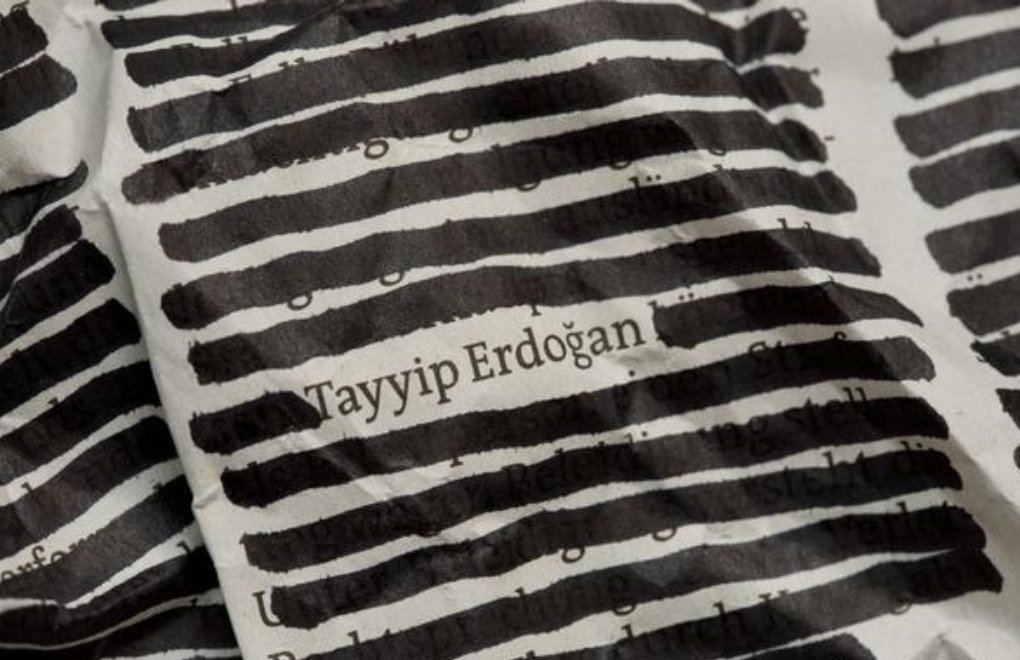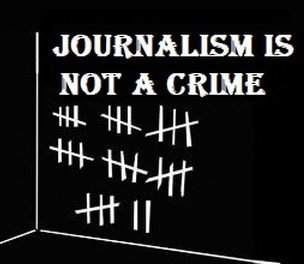* Photo: U. Baumgarten / DPA
Click to read the article in Turkish
Formed by a group of voluntary journalists and documenting lawsuits against journalists in Turkey, the Press in Arrest initiative has released its report "Anatomy of Journalist Prosecutions in Turkey."
Since 2018, Press in Arrest has reviewed and monitored almost 600 court hearings in 240 cases prosecuting 356 journalists and stored their qualitative, quantitative and narrative data systematically in its database. Based on this data, the report has exposed the systematic use of criminal law measures against journalists, targeting their legitimate activities.
"Turkey consistently fails to meet its obligations under international law," the report has said, providing a detailed analysis of legal provisions and practices concerning journalists' prosecutions in Turkey against international human rights law standards and jurisprudence.
The report has been prepared and authored by international human rights law expert and lawyer Ayşe Bingöl Demir. In the report, Demir has drawn on data from the database, identifying key trends and observable patterns of judicial practices in the suppression of freedom of expression in Turkey, presenting evidence of systemic human rights violations:
• The arbitrary use of criminal law and anti-terror legislation to target journalists: The data shows that a number of provisions of the Penal Code and the Law on Prevention of Terrorism are consistently used to target journalists. It is clear that numerous articles of these are overly broad and vague, and applied in a manner that fails to meet international human right standards.
• Arbitrary detention of journalists: The data collected makes it clear that the arbitrary use of arrests and pre-trial detention has become almost a rule used to curb real or perceived opposition to rulers and criticism of the government. This is despite the fact that in accordance with international human rights law, deprivation of liberty of journalists for their journalistic activities can only be justified in extreme and exceptional cases.
• Failure to respect due process and fair trial rights in the prosecutions of journalists: The report highlights that a number of due process rights guaranteed by international law such as the right to a public hearing, the principles of equality of arms and the presumption of innocence are consistently being violated in cases against journalists.
• A lack of independence and impartiality of the judiciary: The report finds that the composition of the Council of Judges and Prosecutors (CJP), the institution responsible for the appointment and promotion of judges and prosecutors as well as their dismissals and disciplinary sanctioning, is such that it cannot be truly independent by design. The amendments made to the Constitution in 2017 widely extended the control of the executive over the CJP, making the body further subject to political forces and undermining its independence. (HA/SD)
* Click here for the full report





